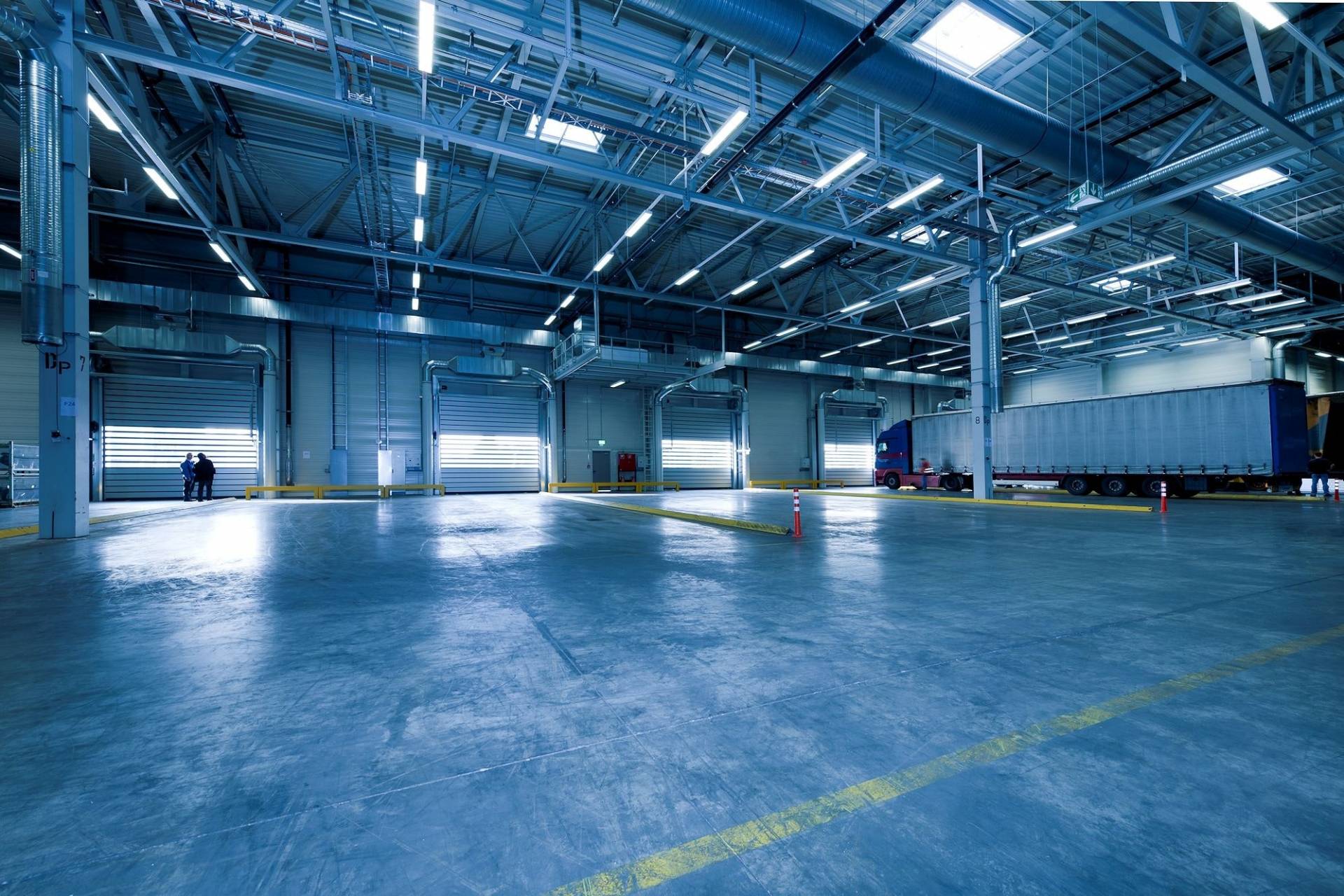This was the year when the phrases “global supply chain” and “global value chain” became commonplace. Consider these related tech trends.
This was the year when the phrases “global supply chain” and “global value chain” became commonplace. And worrying to small businesses. A specific massive cargo ship stopped the Suez Canal in March 2021. The ship Ever Given was in the public eye for a week.
Then, over the summer and autumn, video footage of hundreds of ships anchored off the coast of California became a frequent fixture on the evening news and morning programs. This backup could also affect tax credits.
Of course, people are talking about the supply chain more than ever before. Not because these kinds of issues make headlines, but because products have become harder to come by as prices have risen. They delay shipments throughout the year. They’ve realized just how much we all rely on it to run smoothly.
And the problems that are producing these problems will undoubtedly continue through 2022. As organizations explore new technologies and tactics to keep their supply chains on track, there are several trends to keep an eye on and consider in the months ahead.
Enhanced Automation to Relieve Teams of Manual Tasks
From booking through settlement, almost every step in the supply chain may benefit from automation somehow.
At a high level, automating manual processes helps businesses to do more with the same number of employees, allowing teams to concentrate on higher-level strategic work rather than mundane duties.
Time-consuming tasks such as making appointments, monitoring shipment status, and creating invoices may all be automated. Automation allows businesses to manage a more significant number of shipments with more efficiency.
For Better Decision-Making, More Centralized Data
The most successful supply chains combine data with team member knowledge in making choices.
Centralizing data is critical because it allows for in-depth analysis and reporting, revealing inefficiencies and possibilities for improvement at all levels. Team members make choices at each process level. Allowing team members access to this information guarantees that the best option is taken at each process level.
Better data may have instant effects in the actual world.
Deadhead mileage, for example — trucks on the road with no load — is one of the most dreaded carrier charges. Companies may group shipments to reduce the distance between stops for picking up and dropping off. This would lower empty miles and the accompanying carbon footprint by employing data analytics to understand routes better.
By choosing the appropriate method for shipments and loads, you can guarantee that delivery time-frames and prices are satisfied.
For example, if cargoes are more time-sensitive, shippers may choose to move using trucks rather than rail. They also could convert from a full-truckload (FTL) to a less-than-truckload (LTL) option to use existing routes that meet their requirements. As a result, clients may be comfortable paying the correct amount for the quality of service required.
Consistent Capacity Restraint
Long hours and difficult working conditions have long been a part of the trucking industry’s history.
The epidemic has heightened tensions, with the American Trucking Associations estimating an 80,000-driver shortfall, up from 61,500 before the outbreak. National van rates have risen from $2.82 in September 2021 to $3.01 in December 2021, indicating a supply and demand imbalance.
There is no simple solution to this problem.
Customer demand and expectations will continue to rise. Since it is hard to add tens of thousands of drivers, vehicles, and trailers to the system overnight, many shippers will need to strive to extend their available carrier network to keep up.
Business owners will use mergers and acquisitions to consolidate the market further. The industry is ready for a wave of acquisitions to produce economies of scale.
There are roughly 17,000 freight brokers and over 1.8 million transportation operators in the United States. Larger firms acquire specialty enterprises to build enormous, full-service transportation management systems (TMS) and managed transportation solution offerings. There’s also a sense of consolidation, as more prominent shippers attempt to take on shorter-term spot bids which have traditionally been the realm of smaller firms.
The Final Mile’s Growing Importance
The last mile is the most familiar phase of the supply chain.
Most people are acquainted with when items travel from a distribution hub to their ultimate destination. Amazon has raised consumer expectations to new heights with same-day and next-day delivery.
More businesses project that they will enter this supply chain sector as direct-to-consumer sales and e-commerce rise. This necessitates an increase in rapid, dependable delivery. Drivers like the last mile because they can work all day and come home every night.
Conclusion
For better or worse, the supply chain industry in 2022 will resemble that of 2021. That is to say, with volatility being the one constant.
However, in the middle of the uncertainty, an opportunity presents itself. Companies who take the time to review their supply chain and better understand and fix their challenges in 2021 will likely shine in 2022.
As always, the world continues to nervously watch the system that delivers items to their doorstep.

